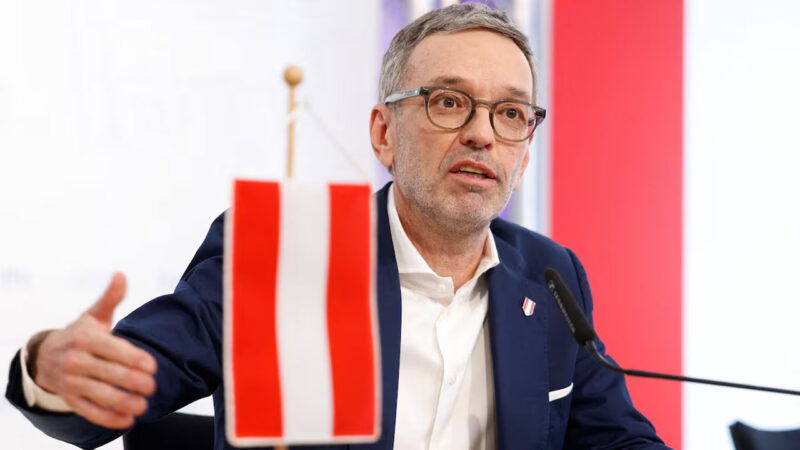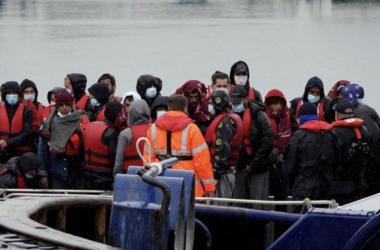In a bold legislative move, the parliament of Lower Austria has rolled out a controversial set of measures aimed at curbing radical Islamic influence and pushing for stronger immigrant integration across the state.
Under the newly approved laws, parents who resist participating in key aspects of their children’s early education—like attending mandatory school meetings—could face stiff consequences, including fines of up to €2,500 or even six weeks behind bars. Authorities say the step targets families seen as refusing to integrate into Austrian society.
But that’s just the beginning.
The legislation also enforces a burqa ban for public employees and bars them from engaging with radical mosques or extremist Islamic groups. The aim? To prevent ideologically motivated influences from seeping into public institutions, according to lawmakers.
Perhaps most notably, Austria’s cultural identity has now been formally etched into the Lower Austrian state constitution. This includes a renewed emphasis on teaching democratic values, local customs, and national traditions more thoroughly within schools.
Unusually, the reforms sailed through parliament with broad backing—not only from the ruling coalition of the center-right People’s Party (ÖVP) and the right-wing Freedom Party (FPÖ), but also from the opposition Social Democrats, signaling a rare moment of political unity on immigration policy.
Udo Landbauer, the FPÖ’s deputy governor, made no apologies for the tough stance. “People in Lower Austria want to live in freedom, security, and peace—without Islamist interference,” he declared. “We’re not going to tolerate an imported culture war in our classrooms.”
Echoing that sentiment, Governor Johanna Mikl-Leitner (ÖVP) described the crackdown as a necessary measure to “drain the Islamist swamps.”
While critics have already voiced concerns about potential overreach and the targeting of specific communities, supporters argue that the package reflects growing public frustration with what they see as parallel societies and failed integration efforts.
Whether these measures will deliver lasting change or spark greater division remains to be seen—but one thing’s clear: Lower Austria is drawing a firm line in the sand.




